We help you defend your rights and
freedom in drug-related cases
We help you defend your rights and freedom in drug-related cases
With a firm commitment to achieving the best possible outcome for your case.
Team of expert
professionals

We accompany you throughout
the entire process

We are backed by numerous
favorable rulings

We seek the best solution
for your case
What happens if you are reported for drug trafficking?
Whether it ends in a simple fine or a criminal conviction may depend entirely on a strong legal defense.
Are you willing to risk your freedom?
What you need to know if you've
been accused of drug trafficking
What you need to know if you've been accused of drug trafficking
The basic offense of drug trafficking
Drug trafficking is a criminal offense against public health, aimed at protecting citizens’ right to health.
The term “drugs” includes toxic substances, narcotics, or psychotropic substances.
Acts of incitement, aiding and abetting, and attempted drug trafficking are also considered criminal offenses.
What penalties can I face for a drug trafficking offense?
The penalty for drug trafficking varies depending on the type of drug involved, the amount seized, and other circumstances, such as whether the drug was brought into national territory or whether a vessel or aircraft was used for the trafficking activity.
If the drug is one that causes serious harm to health (such as morphine, heroin, cocaine, amphetamines, LSD, or designer drugs like ecstasy), the penalty is imprisonment from three to six years and a fine equal to one to three times the value of the drug involved.
In other cases, such as soft drugs like marijuana or hashish, the penalty is one to three years of imprisonment and a fine equal to one to two times the drug’s value.
These penalties may be reduced, depending on the minor nature of the offense and the offender’s personal circumstances, or increased in certain situations defined by law, especially when large quantities of drugs are involved.
Aggravated types
Penalties are increased when the offense is deemed especially serious. Common aggravating circumstances include:
– The offender is an authority, public official, medical professional, social worker, teacher, or educator and acted in the course of their duties.
– The offender participated in other organized activities or those facilitated by the commission of the offense.
– The offense was committed in public establishments by those responsible for or employed in them.
– Drugs were supplied to minors under 18, individuals with mental disabilities, or those undergoing detox or rehabilitation.
– The seized quantity is of notable significance. The Supreme Court has set thresholds for “notorious importance”: Marijuana: 10 kg, Hashish: 2.5 kg, Morphine: 1 kg, Cocaine: 750 g, Heroin: 300 g, Hash oil: 300 g, Ecstasy (MDMA): 240 g, Methadone: 120 g, Amphetamines: 90 g, LSD: 300 mg.
– Substances are adulterated, manipulated, or mixed in ways that increase health risks.
– Offenses are committed in or near schools, military facilities, prisons, or rehab centers.
– Use of violence or display/use of weapons.
Penalties are further increased in the following cases:
– The offense is committed as part of a criminal organization.
– Minors under 18 are used to commit the offense.
– The quantity of substances far exceeds the threshold of notorious importance.
– Ships, boats, or aircraft are used to commit the offense.
Personal use
Personal drug use is not considered a crime, provided that certain conditions, established by the Supreme Court, are met. Possession of limited quantities is allowed if:
– Quantities do not exceed established limits: Marijuana: 100 g, Hashish: 25 g, Cocaine: 7.5 g, Heroin: 3 g, Ecstasy (MDMA): 1.4 g, Methadone: 1.2 g, Amphetamine: 0.9 g, LSD: 3 mg (0.003 g).
– No evidence suggests the drugs are intended for anything other than personal use, even if within limits. Factors considered include:
– The subject’s behavior during police presence.
– The location of the drugs.
– Whether the substance has been manipulated.
– How the drug is packaged (e.g., small individual doses).
– Amount and distribution of money (e.g., small bills).
– Variety of drugs possessed.
– Possession of weighing instruments.
– Whether the individual is a habitual user.
How can we determine if it's possession for personal use?
At SMK Lawyers, we recently defended a client who was stopped at a traffic checkpoint, where a bag containing 92.60 grams of marijuana was seized.
In a case like this, where the client’s possession of the marijuana was beyond doubt, the defense had to focus on proving that the substance was intended for personal use, not for trafficking.
Supreme Court case law establishes that the quantity of the seized drug is relevant in determining whether possession was for personal use or trafficking, and sets limits for each type of substance. If those limits are exceeded, it is presumed that the drug was intended for trafficking, and thus constitutes a criminal offense.
However, the quantity alone is not conclusive. Other factors must be considered, and an acquittal for drug trafficking is possible even with large amounts, just as a conviction may occur with small quantities. These factors include the subject’s behavior during the police stop, the location of the drugs, whether the substance is separated into small doses, the amount and denomination of money carried (especially if small bills are found), the variety of drugs in possession, whether weighing instruments are present, and whether the person is a habitual user.
In our client’s case, the court acquitted him because we demonstrated that he was a habitual marijuana user, showing that the substance was for his own use, not for sale. Moreover, none of the other indicators of intent to traffic were present.
Shared consumption is not a crime
As we’ve seen, simple drug possession is not a crime. Likewise, it is not a crime when a person acquires a substance to share it with a group of friends, at their request, provided it is for immediate joint consumption and there is no intent to sell. In other words, the common scenario in which a group of friends appoints one person to procure the drugs they will later share does not constitute drug trafficking.
A particularly unusual case we handled at SMK Lawyers involved a client who faced criminal proceedings for sending 30 grams of marijuana to a friend via a Glovo delivery courier. Our client had purchased the marijuana at a cannabis club with the intention of sharing part of it, those 30 grams, with his friend, who was also a regular user and could not attend the club due to COVID-19 lockdown restrictions.
The court acquitted our client, finding no proof that the delivery promoted drug use or was intended for illicit trafficking. The ruling emphasized that there was no incitement to use drugs, as both had been habitual users for over ten years, were friends and members of the same club, and regularly attended together. Due to the lockdown, the shared consumption would have taken place via video call, with each party in their own home, since physical presence was not feasible.
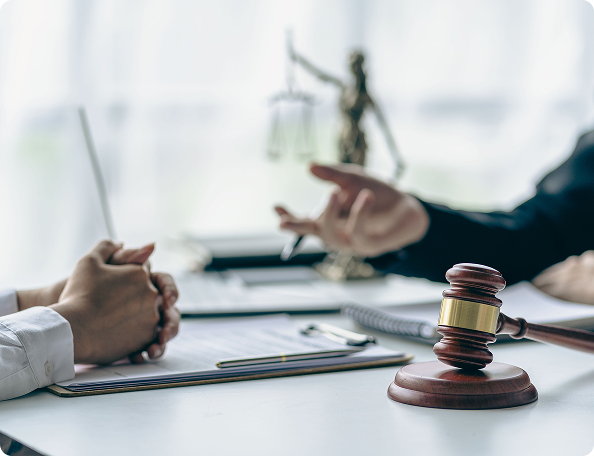
How can we help you at SMK?
We protect your rights and your future.
Our team of lawyers has extensive experience in this area and will provide you with the help you need.
We understand that each case is unique and requires a personalized strategy. That’s why we elaborate and execute a defense strategy specifically designed for your case. And the most important: we support you throughout the entire process, from beginning to end.
SMK Lawyers, specialists in cases of abuse and sexual assault.
We specialize in defending individuals accused in drug trafficking proceedings, providing the best possible solution in each case.
We are backed by numerous favorable rulings, both in trials involving small quantities and in large-scale drug trafficking cases. We handle your full defense from beginning to end.

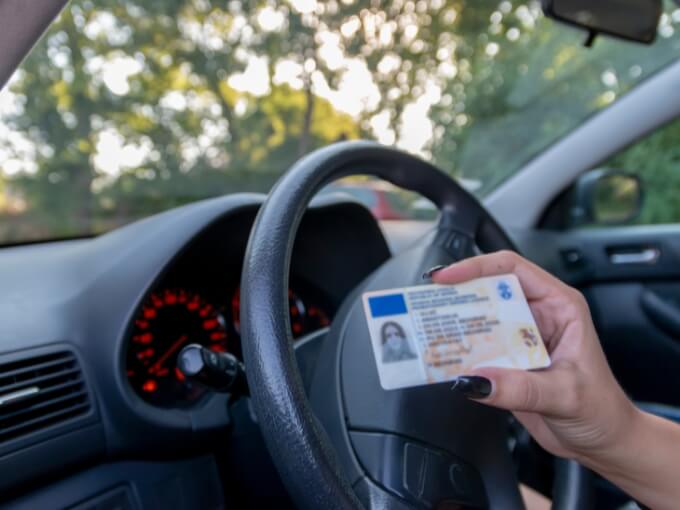
Criminal offense of document falsification: success story
Dismissal for our client, investigated for the crime of document forgery for driving with an allegedly fake license. Our client was summoned to testify
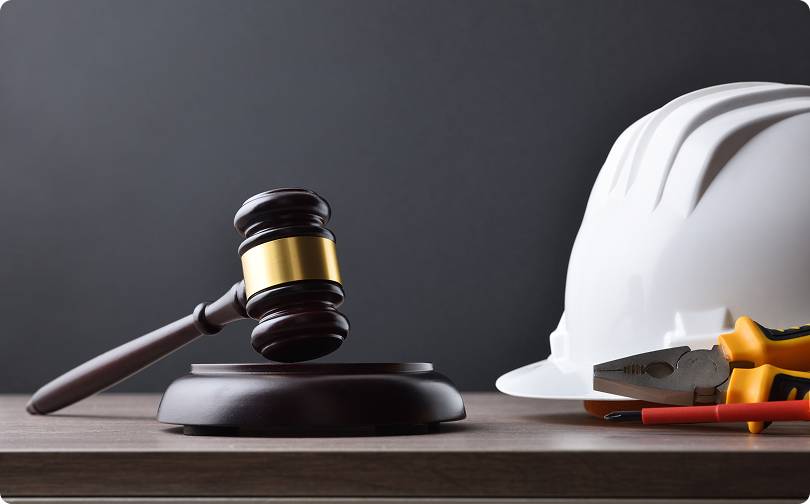
Fatal accident of a worker at height
Case dismissed for our client, one of the companies investigated following a workplace accident in which a worker tragically died during construction of a shopping
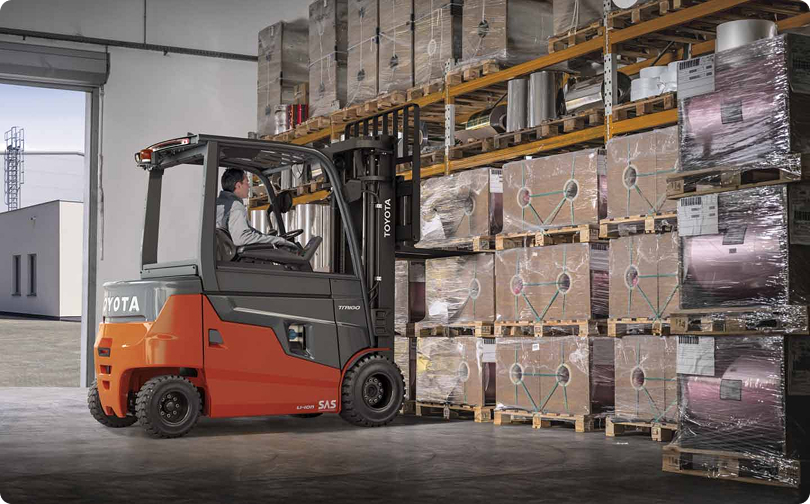
General manager investigated over workplace accident involving a forklift
SMK Lawyers success story defending individuals and companies accused in criminal proceedings following workplace accidents. The accident occurred on February 26, 2018, at the facilities
We defend your rights in
any of these cases:
We defend your rights in any of these cases:
- You are at the police station and need legal defense for your statement.
- You have received a summons from the Investigating Court to testify as a suspect.
- You have been placed in pretrial detention and need us to file a request for release.
- You need defense in a drug trafficking trial, whether before the Criminal Court or the Provincial Court.
- You want us to help you recover items and/or money seized as part of the criminal proceedings.
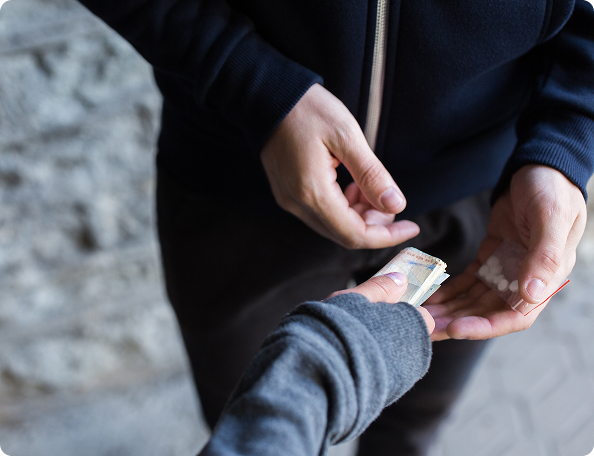
Acts of incitement, complicity, and necessary cooperation in drug trafficking are also considered criminal offenses.
Although it will depend on the specific circumstances of each case, the Supreme Court has established the following thresholds for what constitutes “notorious importance”:
- Marijuana: 10 kg
- Hashish: 2.5 kg
- Morphine: 1 kg
- Cocaine: 750 g
- Heroin: 300 g
- Hash oil: 300 g
- Ecstasy (MDMA): 240 g
- Methadone: 120 g
- Amphetamines: 90 g
- LSD: 300 milligrams
Put your case in our hands and
achieve the best outcome!
Fill out the form and tell us about your case with no obligation: